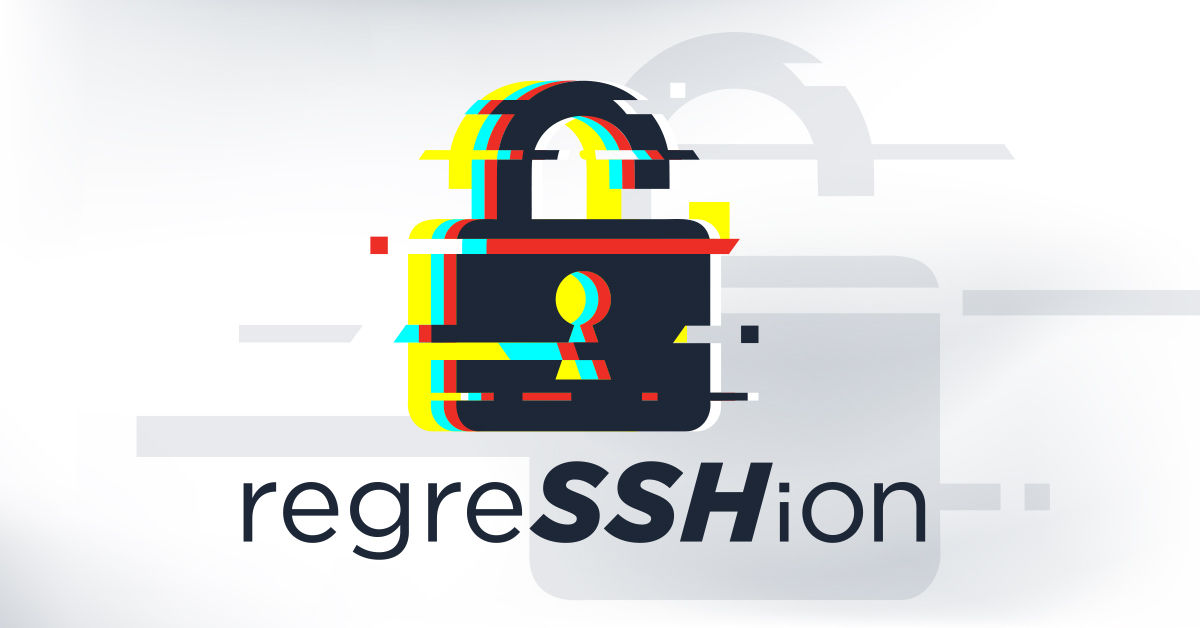
The regreSSHion Bug
An Unauthenticated Remote Code Execution (RCE) vulnerability in OpenSSH’s server (sshd) on glibc-based Linux systems.
What is regreSShion?
regreSSHion, CVE-2024-6387, is an unauthenticated remote code execution in OpenSSH’s server (sshd) that grants full root access. It affects the default configuration and does not require user interaction. It poses a significant exploit risk.
regreSSHion background
The Qualys Threat Research Unit (TRU) discovered this unauthenticated Remote Code Execution (RCE) vulnerability in OpenSSH’s server (sshd) in glibc-based Linux systems. This bug marks the first OpenSSH vulnerability in nearly two decades—an unauthenticated RCE that grants full root access. It affects the default configuration and does not require user interaction, posing a significant exploit risk.
In Qualys TRU’s analysis, we identified that this vulnerability is a regression of the previously patched vulnerability CVE-2006-5051, reported in 2006. A regression in this context means that a flaw, once fixed, has reappeared in a subsequent software release, typically due to changes or updates that inadvertently reintroduce the issue. This incident highlights the crucial role of thorough regression testing to prevent the reintroduction of known vulnerabilities into the environment. This regression was introduced in October 2020 (OpenSSH 8.5p1).
Why was it named regreSSHion?
The vulnerability is named “regreSSHion” because it references its nature as a regression bug affecting OpenSSH.
About OpenSSH?
OpenSSH is a suite of secure networking utilities based on the SSH protocol that are essential for secure communication over unsecured networks. It provides robust encryption, secure file transfers, and remote server management. OpenSSH is widely used on Unix-like systems, including macOS and Linux, and it supports various encryption technologies and enforces robust access controls. Despite a recent vulnerability, OpenSSH maintains a strong security record, exemplifying a defense-in-depth approach and a critical tool for maintaining network communication confidentiality and integrity worldwide.
Affected OpenSSH versions
- OpenSSH versions earlier than 4.4p1 are vulnerable to this signal handler race condition unless they are patched for CVE-2006-5051 and CVE-2008-4109.
- Versions from 4.4p1 up to, but not including, 8.5p1 are not vulnerable due to a transformative patch for CVE-2006-5051, which made a previously unsafe function secure.
- The vulnerability resurfaces in versions from 8.5p1 up to, but not including, 9.8p1 due to the accidental removal of a critical component in a function.
